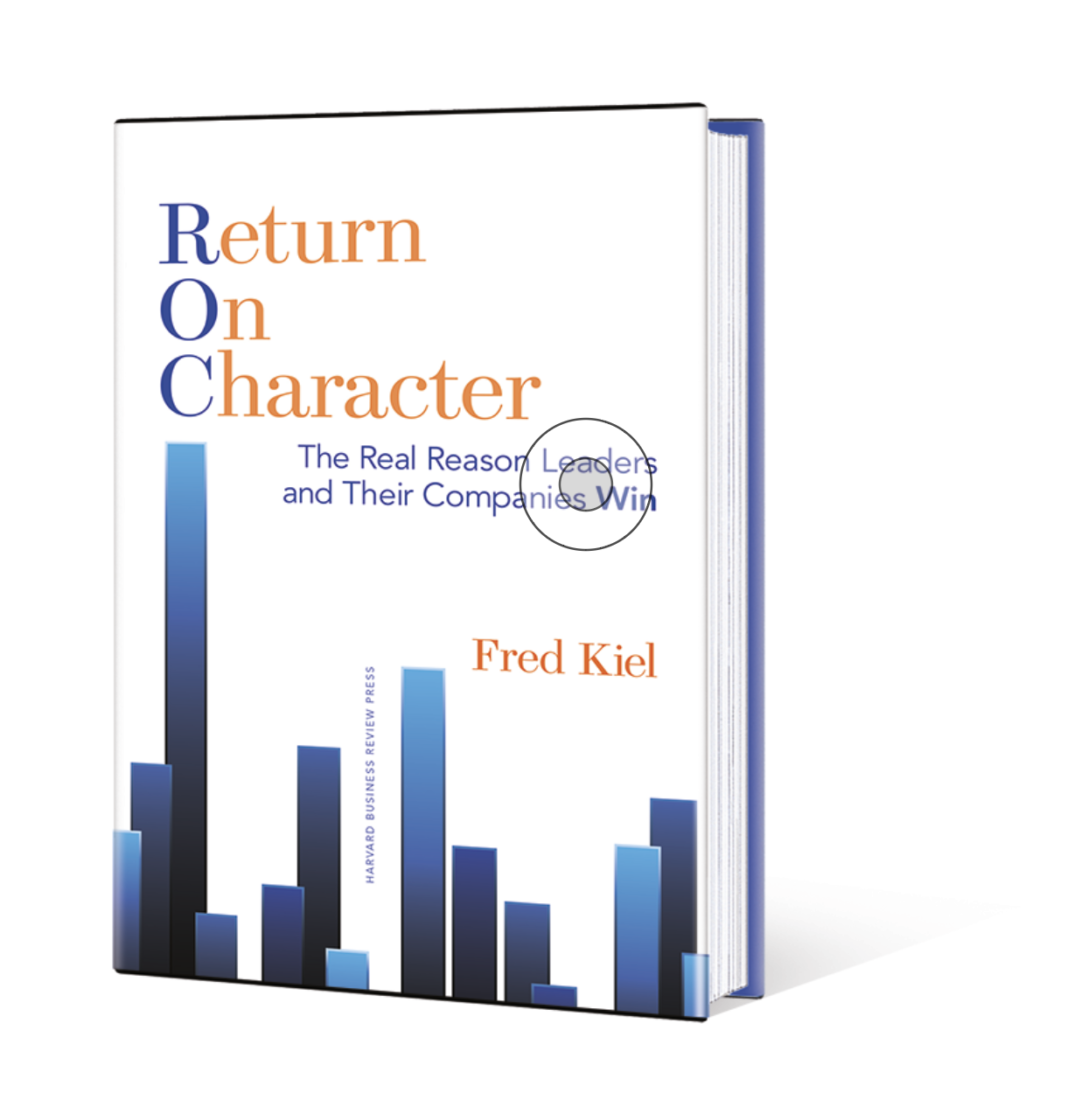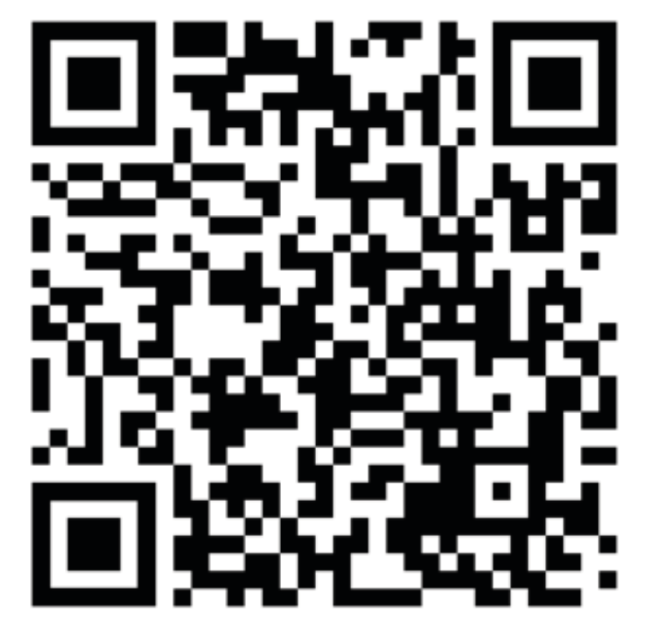Without character, ethics is just a rule book
4th July 2022 | Kelly Garramone, Fred Kiel and Phil Styrlund
Almost every leader claims to be ethical in business, but do they have the character to foster trust?
Ethics, necessary but not sufficient

Corporate scandals from Enron to Freddie Mac occurred despite the fact that the organizations and individuals leading them were operating in environments governed by a code of ethics. Yet, people still behaved poorly. Why? Why do people cheat on their taxes, break the law, or cover up mistakes?
Because ethics alone is not enough. Ethics, defined as “a systematic approach to analyzing, and distinguishing matters of right and wrong, good and bad, understanding them and admirable as they relate to the well-being of the relationships” act as a rule book. They assume people are rational and analytical; that they stop and make thoughtful, rational decisions about behavior – but more often than not, they don’t.
In fact, when we conducted our research (published in Return on Character), we hypothesized that if we could isolate the specific beliefs – ie, a personal code of ethics – embraced by top-performing CEOs that were different from the low-performing CEOs, then we would have identified an important factor that accounted for business results. The problem we discovered was that all the CEOs in our study claimed to embrace the same set of beliefs. They all listed socially desirable ethical beliefs: tell the truth, treat other people respectfully, and so on. The conscious, rational brains of these research subjects all seemed to be the same.
In reality, people make their most consequential decisions without deliberation or conscious thought. Recent neuroscientific studies, such as Kahneman’s seminal work Thinking: Fast and Slow, reveal that perhaps as many as 95% of the decisions and choices, including ethical choices, made by the typical individual are not made consciously; they’re made automatically. And that automatic system of decision making is our character.
Character as the foundation of ethics
Character is a foundational element, more important even than ethics, because it’s that set of behaviours – that automatic response – which reveals how well a person is adhering to the rule of ethics. Do we tell the truth even when it reflects poorly on us? Do we take responsibility for errors or omissions even if it means something painful to us? Do we stand up for what’s right even if we risk criticism?
If ethics were really the governing system, it would be powerful enough to stop us in each of these moments, analyze the data, touch base with the ethical code, and come to a decision (perhaps reluctantly) that we need to behave in a particular way. That would be the case if we were purely rational beings – but we’re not. Those moments are not moments where we stop and analyze; we just behave. That unconscious automatic system of decision making is our character; those automatic actions are our character habits.
When or if we slow down to be analytical actually depends a lot on our character. Are we self-aware enough to distinguish when we have the experience and expertise to make a “gut level” decision or when we should elevate the decision to a higher level of interrogation? Do we have some cues or signals that tell us when we can rely on our autonomic system or when we should side-step it and be fully analytical and rational to make a decision (an ethical decision) based on an ethical code?
Trust as an outcome
This interplay between ethics and character either creates or destroys trust. People trust others whose automatic responses and consistent behavior – ie, their character – is in service of the ethical code they all share. Those who aren’t consistently behaving in that way will lose and break people’s trust.
Our research shows that high-character individuals are trusted by others; they are specifically trusted because of how they demonstrate their character.
Ask anyone to think of someone they deeply trust and then ask them to tell you why they feel that way. Almost certainly, the person will list a set of behaviors that are habitual, behaviors that the person automatically demonstrates.
When we’ve asked people why they deeply trust a specific individual, they typically say something like:
“Well, I trust them because I know that they tell me the truth. They keep their promises and stand up for what is right. Furthermore. I feel deeply respected and cared for by them. I know that if I fail in some way that they won’t shame me – and furthermore, they are quick to admit when they’ve made a mistake – they take responsibility for their behavior and actually take steps to correct whatever it is that they did that failed.”
Trust is the impact high-character people have on others.
We are currently conducting the Return on Character for Sales research initiative for corporate cohorts. Contact us to find out more:

